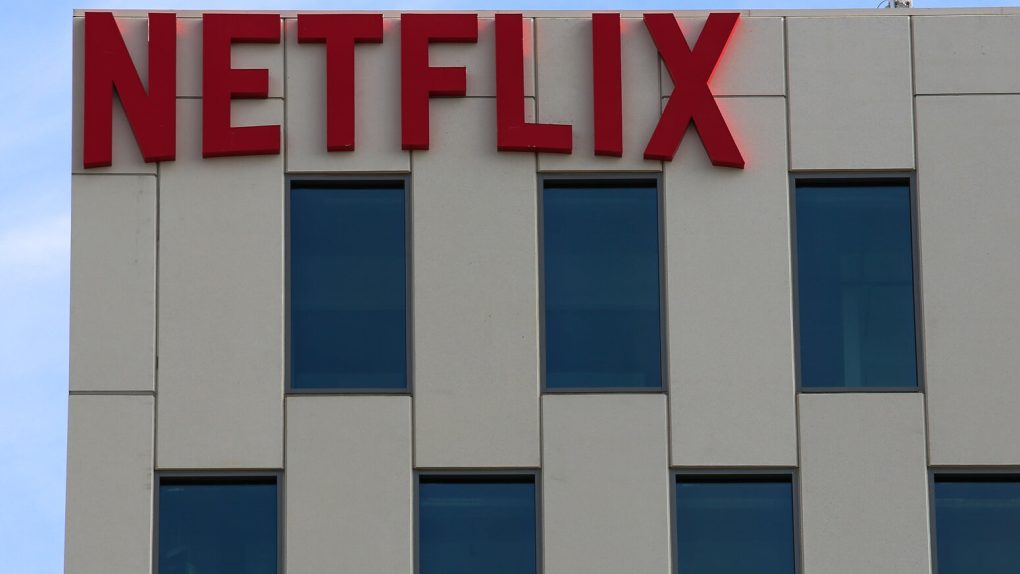Netflix has another big weekend in store for viewers, with buzzy new series like Sky Rojo now available to stream on the service. That new show is from the creators of the global smash hit Money Heist, which was the most-watched non-English language series on Netflix until the release of Lupin, so that automatically guaranteed Sky Rojo a certain cachet. Even better, the show is short and sweet — 8 episodes long, around 30 minutes each — so it’ll be a breeze to get through this pulpy, kinetic Spanish drama with a Tarantino feel that’s about a group of women from a brothel who go on the run from their pimp and his goons.
For the Netflix subscribers who decide this weekend to give that new series a try, or any of the countless TV shows and movies available to stream on the platform for that matter, it’s a good bet that a subset of those viewers will do so by doing something that Netflix is starting to put its foot down over: Password sharing.
Some Netflix freeloaders have reportedly started getting a message from the streamer warning that they’ll be cut off if they continue to mooch off an account holder by using their password. “If you don’t live with the owner of this account,” the message reads, “you need your own account to keep watching.”
Along these lines, a recent survey of 1,506 US adults commissioned by consumer privacy and security company ExpressVPN ostensibly found that 54% of Netflix users said they might unsubscribe if Netflix is indeed serious about going after password sharers. Not only do I not buy that statistic — though, no disrespect to ExpressVPN or to the survey that produced this finding — but there may also even be a scenario where this is actually a good thing for Netflix and ends up benefiting the streamer to a degree. Here’s an example of how:
Let’s say you’ve got two empty nest parents who subscribe to Netflix, and they also allow their college-age 20-something son to use their password so that he doesn’t have to pay the monthly price for his own subscription. After all, he’s got plenty of bills of his own to pay, from tuition to rent for his apartment, and all while working for a less-than-idea-wage at the moment while he finishes school. Understandable, the parents giving the kid a break, right? But now replay that ExpressVPN statistic — who is doing the cancelling of Netflix in that forecasted scenario? The kid can’t, by definition — it’s not his account to cancel! And what kind of sense does it make to assume that the parents, so aggrieved by the inability to no longer share their Netflix password, will cancel their own subscription?
This scenario is hypothetical, mind you, but this phenomenon is actually a very material one for Netflix. Nobody seems to have a hard and fast sense of how extensive this problem is, but there are lots of educated guesses out there — such as one from research company Magid, which estimates that a whopping 33% of Netflix users share their password with at least one other person.
I tend to agree, though, with CFRA Analyst Tuna Amobi, who told Yahoo! Finance that Netflix can actually come out ahead here. That’s because it stands to reason that there’s at least a portion of users currently freeloading who occupy the Venn Diagram intersect between two groups of people — those who have the means to pay for a Netflix subscription right now, but aren’t, and those who have gotten too accustomed to Netflix to go without it. “It’s very easy to see how some of that impact would cancel out in terms of potential uptake from certain customers who were affected,” Amobi said. And not only that, but all that additional money Netflix gets from freeloaders-turned-paying customers would indirectly benefit us all. Netflix is estimating it will spend $19 billion on content this year, a number that will keep going up to feed our addiction to all the binge-worthy shows and movies that the service conveniently makes available, just a tap or two away. Long story short: It’s time to pay up, people, and stop relying on Netflix passwords that aren’t yours.







